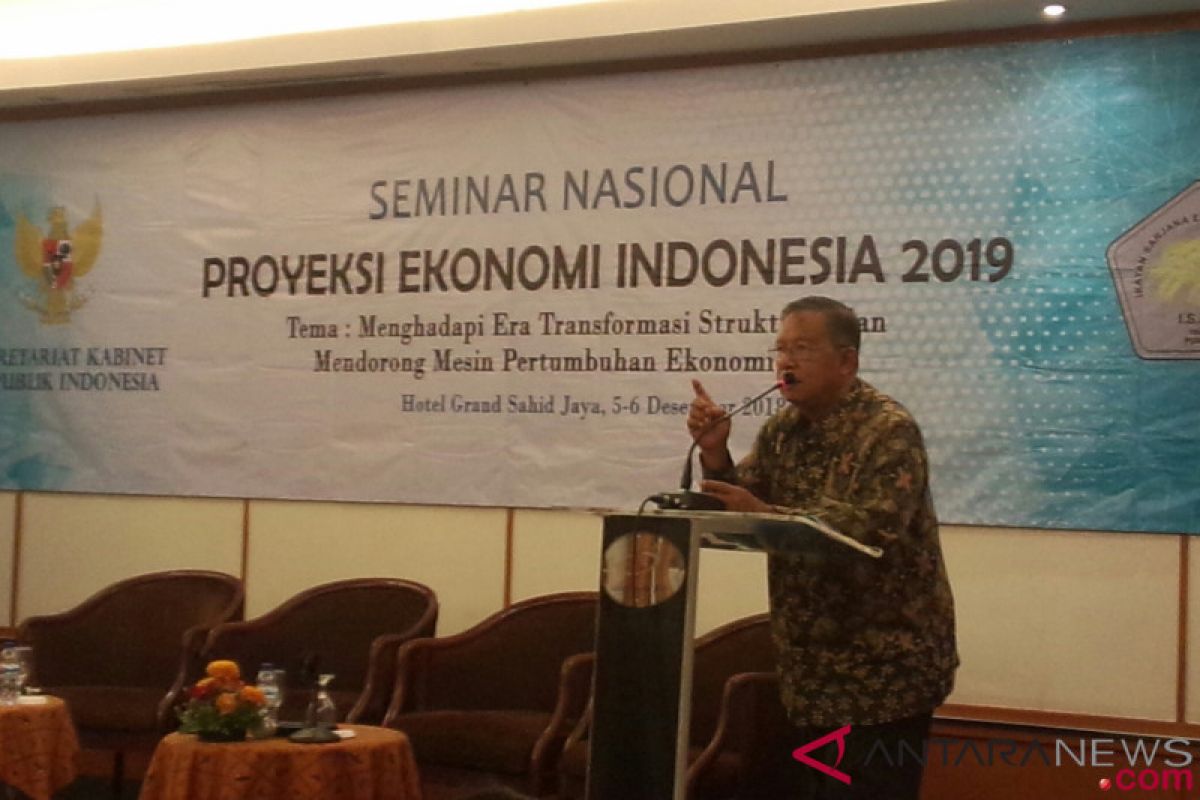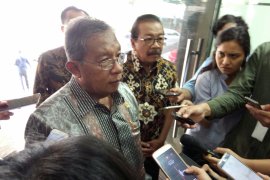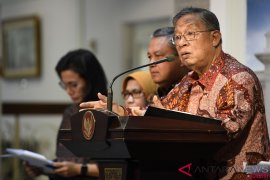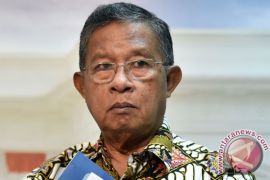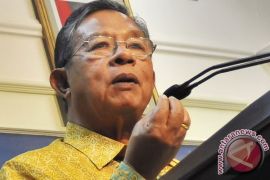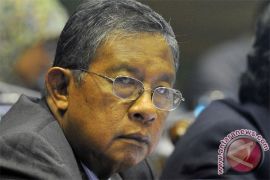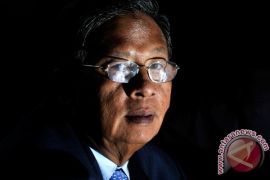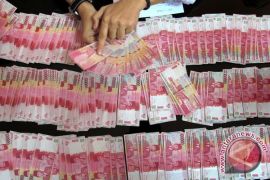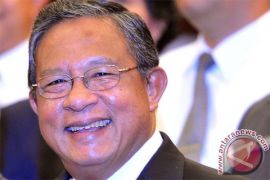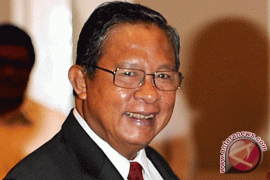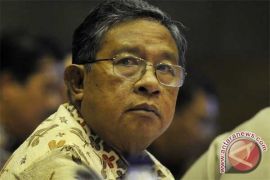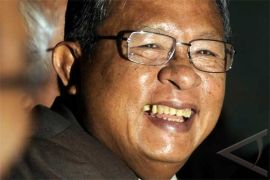Darmin said the result of the supply-side economic policy of the government under President Joko Widodo and Vice President Jusuf Kalla is reflected by stable economic growth amid the global economic turbulence.
The economic stability has been followed with improved social indicators such as poverty, unemployment, Gini ratio and human development index.
"This means all policies are heading toward quality development. This is a good achievement as normally, economic growth is not always followed by improvement in social condition," Darmin said in his address as a key speaker at a seminar on National Economic Projection of Indonesia 2019 here on Wednesday.
The decision to give priority to supply-side economic policy has been implemented from the beginning by the early year of the Jokowi government through improvement of infrastructure, improvement of the human resource quality and agrarian reform. The "supply-side" policy , apart from being easier in control, it could open a fair opportunity for all people in rural and urban areas.
"This approach could be implemented without massive relocation of goods and services abroad or to the country. However, demand-side policy must not be abandoned by continuing to encourage investment and household consumption," Darmin said.
He said the focus on the supply-side policy would continue to give a bid multiplier effect to remain in line with the program of equitable economic development.
He went on to say , infrastructure would produce new activities transformed from old activities, adding, logistic system, also needs to be developed after infrastructure is available.
"That could be brought to reality through cooperation with the regional administrations to open collector market to create a perfect connectivity," he said.
Commenting on the relaxation in trade war between China and the United States, and its impact on the country`s economy Darmin said that the country`s economy would still depend on the interaction of the trade war. He predicted, however, there would be no extreme interaction between the two economic giants. The two countries have been aware that the trade war would have negative impact on their economy.
"Therefore, we are optimistic, inflation would remain in a safe level of around 3 percent in the coming years. We also see that it is not a difficult job to meet the economic growth target of 5.3 percent in 2019," ujar Darmin.
Chairman of the Association of Indonesian Businessmen(APINDO) Danang Girindrawardana said the Indonesian economy has shifted to become like that of Singapore, where added value in the agriculture and manufacturing sectors declined as a resutl of an increase in the service sector. However, the growing service sector could not yet accommodate the big demand for the labor market.
"The decline in the added value of the manufacturing sector indicates de-industrialization prematurely. Thereby, economic transformation is necessary to be able to provide more jobs," Danang said.
Reporting by Citro Atmoko, A Saragih
Editing by Eliswan Azly
Reporter: Antara
Editor: Fardah Assegaf
Copyright © ANTARA 2018
